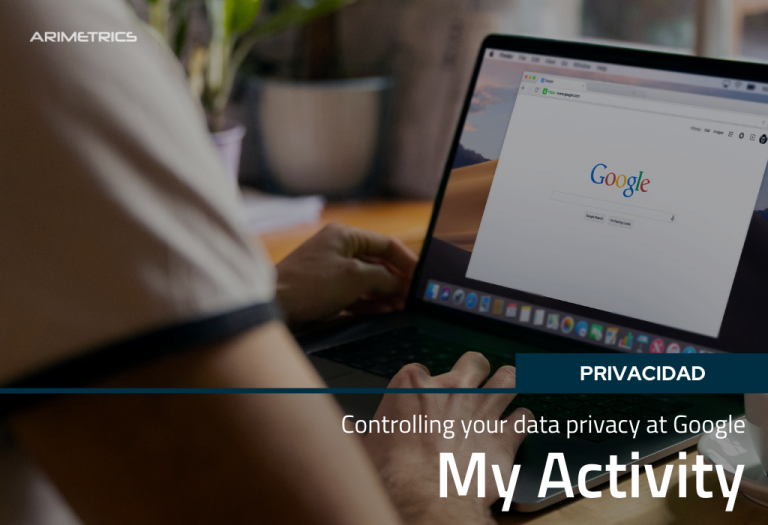Around the world, there is a unanimous concern for computer security. Countries do not reach a formal agreement to decide which laws and code govern the rules of privacy and surveillance in cyberspace. Meanwhile, businesses and users are concerned that their data and personal content information will be kept safe from unwanted hands.
Table of Contents
There are different ways to protect all data through different tools and applications, thus gaining more freedom on the web. For example, multiple browsers allow you to block all third-party cookies in order to gain better control over online privacy. While website cookies typically serve the functionality and usability of the site, third-party cookies can be employed by advertisers and other content providers to create a user profile.
A useful tool when it comes to maintaining privacy is a password manager. It is a mistake to share the same password across multiple accounts as it is easier for anyone who wants to hack them. There are password managers like LastPass and 1Password that make it easier to create stronger passwords that vary across accounts. These passwords are not easy to remember, but they are a cornerstone in privacy and security on the Internet.
Another very popular way to protect privacy on the internet is to use the Torbrowser. This tool allows you to maintain anonymity when browsing the web, and is used by millions of different people, whether journalists, human rights activists… The elaborate software of this browser offers great encryption to protect information away from prying eyes.
Social media and privacy
At the user level, it is also important to know how to protect yourself on social networks. It is well known that these platforms study the behavior of each behavioral profile on their sites and sell it, anonymously, to the agency that makes the highest bids. Social media widgets are used in much of all websites and blogs. When a website is visited with a social network button, the browser will send data, such as the IP address, to that network. Even some networks, they continue to track the websites and articles of your IP address, and other unique identifiers of the browser, that one of their users visits even if they are not currently connected to the network.
Of course, social media offers a multitude of options for keeping certain things hidden or limiting who can see what actions and messages. There are tools such as Data Selfie and Stalkscan to detect what information is publicly available or what data is sold.
Matomo for online security
It is also important to ensure user privacy and analytical data. That’s why it’s important to use analytics tools like Matomo,which keeps control of the data. These are stored in a MySQL database of their own and are never sent to other servers. Piwik is not an analytics tool that does not require consent from cookies, and privacy compliance is reflected in the reality that many government agencies rely on Matomo for their web analytics.
You can also disable all web tracking technologies (including Google Analytics and Matomo),using an extension such as Noscript or Ghostery. These browser extensions will disable all known JavaScript crawlers and ensure that the browser does not send a request to external tracking servers.
The importance of a powerful firewall
And if you’re studying security and privacy, it’s important to employ tools like PfSense,an open-source firewall and router. Ideal for a small office or even a branch office of a large company, its hardware requirements are lightweight.
Beyond typical firewall features such as ACL and NAT management, pfSense offers many more features, such as configuring point-to-point and mobile IPsec VPN connections and configuring an inbound PPTP or OpenVPN server for remote clients, authenticating VPN users using a built-in database, or using the Authentication Dial-Up Remote Access (RADIUS) user service configured on another server.
In short, you have to be careful where the fingerprint is left as much as possible. Discussions regarding digital privacy are a hot topic and a growing concern, but studies continue to show that most online users don’t even bother to touch on the privacy settings they have available on social media platforms. It’s not always about hiding your data, but rather understanding what can be deduced through that data.


